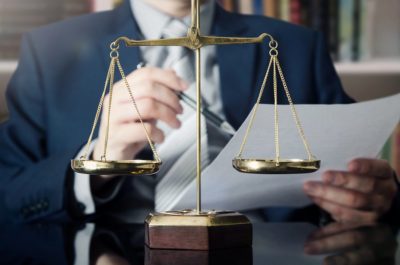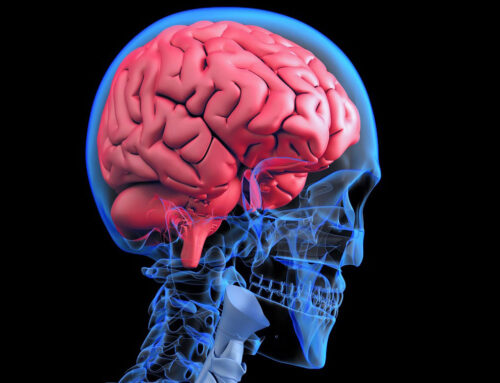Every personal injury claim starts with an accident, be it a traffic accident, workplace accident, an accident at a business, at someone’s home, or elsewhere. There is always an accident. The question then becomes, “Who is at fault for the accident, and thus responsible for the injuries?”
Answering the question of who is responsible, or liable, is what the legal process is intended to determine. The end result will determine who pays for the injuries sustained in the accident.
The Legal Process Involves Many Steps
The first step in pursuing a claim for a personal injury is the decision of whether to hire a lawyer. Depending on the severity of the injuries, this decision might seem easy. Insurance companies could most easily handle an accident involving little property damage and no apparent consequential physical injuries. However, many personal injury cases go beyond that level, and hiring a personal injury attorney might prove a wise move.
Hiring an attorney makes the following steps much more predictable:
- Pre-Suit: Before filing your claim, your attorney will gather all the relevant information necessary to proceed with your claim, including your medical records and bills, lost wage information, crash or incident reports, and any necessary witness statements. Once all of the relevant information is gathered, your attorney will likely submit a formal demand to the insurance company before filing your claim. If negotiations at this point prove unsuccessful, your claim will be filed with the courts.
- Filing complaints: Depending upon the amount of damages involved, your attorney will file a claim for damages, known as a complaint, in either small claims court or district court. In Indiana, small claims court usually handles all claims of $6,000 or less. In Marion County, which includes Indianapolis, small claims court handles all claims of $8,000 or less. Having determined the appropriate court, your attorney will file a complaint against the party responsible for your injuries. At this point, settlement negotiations are likely to begin, especially when insurance companies are involved.
- Discovery: Assuming no settlement is quickly reached and the defendant (the person you are suing) files an answer to your complaint, discovery begins. Discovery is when both sides of the lawsuit collect evidence for use at trial. They are permitted to seek evidence from each other, including depositions. In a deposition, the other side’s attorney asks you questions about the accident and your injuries, as well as other relevant matters. Your attorney will be present and has a role in protecting you from improper questions.
- Pre-trial motions: Your attorney and the defendant likely will file pre-trial motions, some seeking to exclude evidence, but others seeking to dismiss the case or for summary judgment, both of which can resolve the case in favor of one side or the other. After such motions are filed, but before they are decided, one side or the other, or perhaps the judge, might call for mediation of the claims. Settlement negotiations also are likely at this point.
- Trial: If mediation or settlement talks fail, your case will go to trial. Each side presents its evidence, and a judge or the jury will decide the result. Most personal injury cases settle before this point because the costs of going to trial are high for both sides.
If You Have Suffered an Injury in an Accident in the Indianapolis Area, Contact Personal Injury Law Attorney William W. Hurst
If you have suffered an injury in an accident in the Indianapolis area, consult a personal injury law attorney to determine your rights under the circumstances of your accident.
William W. Hurst, Attorney at Law, can assist in protecting your rights when you are involved in such an accident. You can reach him at (317) 636-0808 or at the firm’s online contact form.





